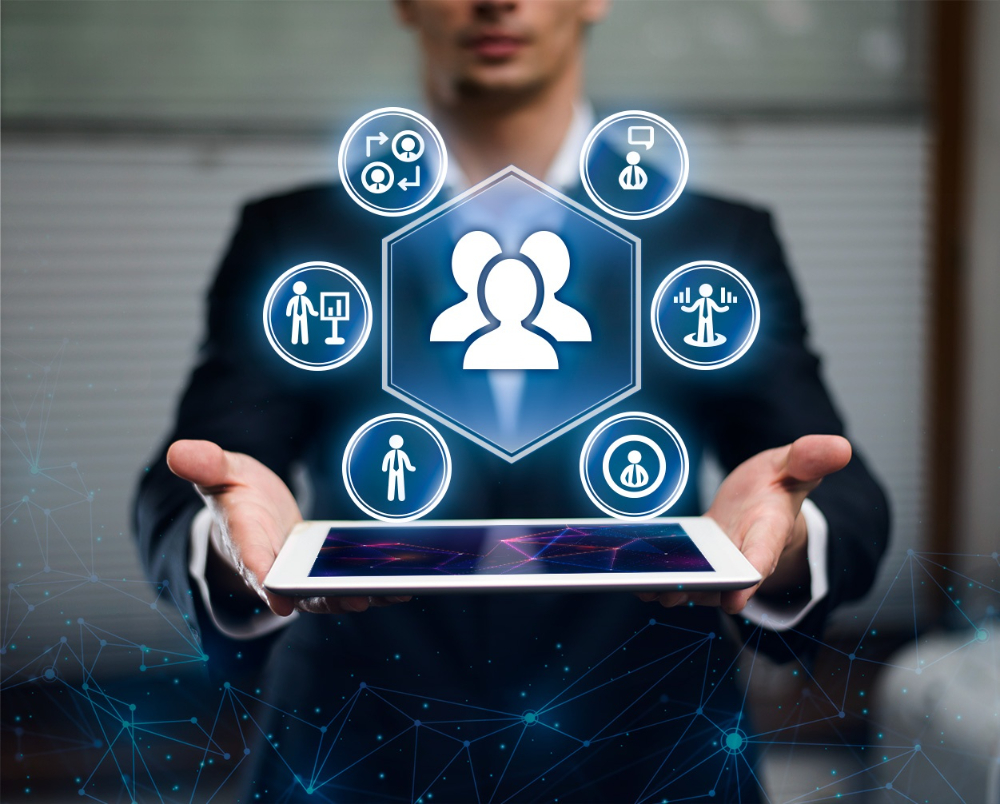The modern workplace is undergoing a seismic shift. Gone are the days of rigid nine-to-fives and cubicle-bound employees. Today, the workforce is mobile, diverse, and constantly on the move. Remote teams collaborate across continents, flexible schedules blur the lines between work and life, and freelancers hop from project to project. This dynamic landscape presents both opportunities and challenges for Human Resources (HR) departments.
Managing a mobile workforce requires agility, accessibility, and a deep understanding of its unique needs. Enter the game-changer: HR apps. These digital tools are no longer a fringe benefit; they are becoming essential weapons in the HR arsenal, allowing for streamlined processes, improved communication, and a happier, more engaged workforce.
Why are HR apps crucial for a mobile workforce? Let’s delve into the compelling reasons:
1. Empowering Self-Service: Traditional HR workflows often involve cumbersome paperwork and endless email chains. Mobile apps cut through this red tape, placing control in the hands of employees. From submitting time sheets and requesting leaves to accessing pay stubs and updating personal information, everything becomes easily accessible on their smartphones. This self-service model saves HR teams valuable time and reduces administrative burdens, allowing them to focus on more strategic initiatives.
2. Fostering Seamless Communication: Communication is the lifeblood of any organization, and mobility can throw a wrench in the works. HR apps bridge the gap, providing instant access to company updates, announcements, and training materials. Employees can connect with colleagues, participate in discussions, and receive critical information in real-time, irrespective of their location. This constant dialogue boosts engagement, fosters a sense of community, and keeps everyone on the same page.
3. Simplifying Recruitment and Onboarding: Attract top talent with the power of mobility. HR apps can streamline the recruitment process, allowing candidates to apply, submit documents, and even participate in video interviews directly from their phones. For onboarding new hires, the app can serve as a digital welcome wagon, providing access to company policies, benefits information, and even introductions to colleagues. This creates a smooth and engaging onboarding experience, setting the stage for a positive long-term relationship.
4. Enhancing Performance Management: Gone are the days of yearly performance reviews conducted in sterile conference rooms. Modern HR apps enable continuous performance feedback, allowing managers to provide constructive feedback and recognition on the go. Employees can also track their progress towards goals, access development resources, and engage in self-assessments. This dynamic and personalized approach to performance management fosters growth, motivation, and a collaborative environment.
5. Promoting Employee Well-being: A happy and healthy workforce is a productive one. HR apps can be vital tools in promoting employee well-being. Features like access to healthcare plans, mental health resources, fitness trackers, and even mindfulness exercises can empower employees to prioritize their physical and mental health. This proactive approach builds trust, increases loyalty, and creates a positive work environment where employees feel valued and supported.
6. Driving Data-Driven Decisions: HR apps are treasure troves of valuable data. By analyzing employee app usage, HR teams can gain insights into work patterns, engagement levels, and potential areas for improvement. This data can be used to optimize workflows, make informed decisions about resource allocation, and personalize the employee experience.
However, implementing HR apps is not without its challenges. Security and data privacy must be paramount, ensuring all information is handled with utmost care. User-friendliness and intuitive design are crucial for maximum adoption, and ongoing training and support are essential to bridge the digital divide.



